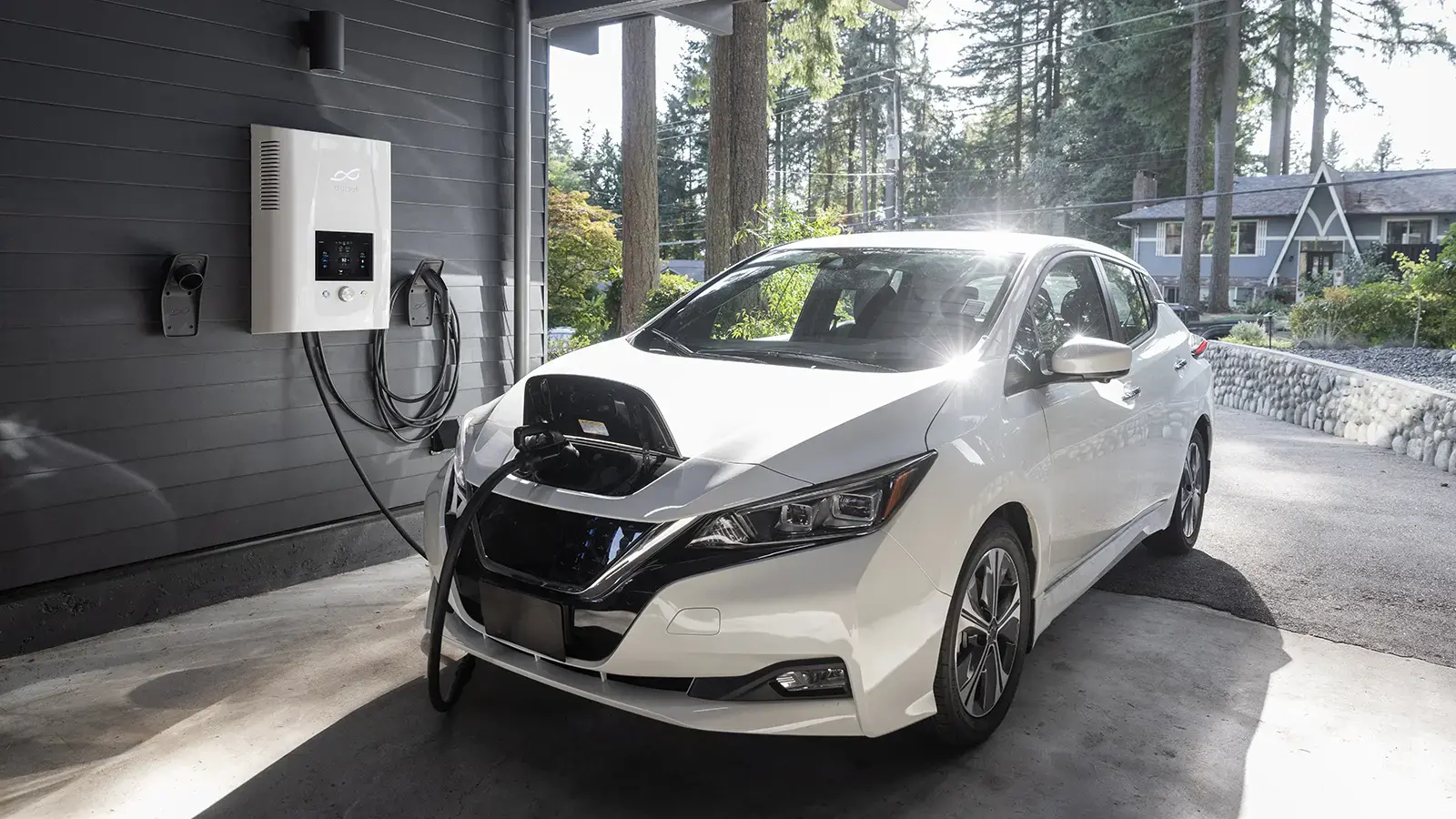What You’ll Spend, What You’ll Save, and What to Expect
When shopping for an electric vehicle (EV), it’s easy to focus on the sticker price. But the real story of affordability comes to light after purchase. EVs can cost more upfront than some gasoline vehicles, but they tend to cost far less to maintain and operate over time.
This guide explores the total cost of EV ownership, including maintenance needs, routine costs, and where the biggest savings occur.
Upfront Purchase Price
The initial price of a new EV can be higher than a comparable gas-powered vehicle, mainly due to the cost of its battery pack. However, the gap continues to shrink as battery technology improves and production scales up.
EV shoppers should also consider:
- State incentives: These can lower the purchase price significantly.
- Utility rebates: Many power companies offer credits for buying EVs or installing home chargers.
- Dealership specials: Some dealers provide additional discounts or free charging perks.
By factoring in incentives and fuel savings, the real-world cost of an EV often compares favorably to traditional cars.
Charging vs. Fueling Costs
Electricity is generally cheaper than gasoline. That difference can save you hundreds or even thousands of dollars per year.
- Home charging: Costs vary by region, but most EV owners pay about 3 to 5 cents per mile when charging at home.
- Public charging: Fast chargers can be more expensive than home charging, though many are still cheaper than gasoline. Some networks offer subscription discounts or off-peak pricing.
- Workplace charging: Increasingly common and often free, especially for employees.
Your driving habits and access to home or workplace charging will have the biggest impact on your energy savings.
Maintenance Is Minimal
EVs require far less maintenance than internal combustion engine (ICE) vehicles. With fewer moving parts and no need for oil changes, they eliminate many traditional service costs.
Routine EV maintenance typically includes:
- Tire rotations
- Brake pad inspections (thanks to regenerative braking, pads last longer)
- Cabin air filter replacements
- Occasional coolant checks for battery thermal systems
What you won’t need:
- Oil changes
- Spark plugs
- Fuel filters
- Timing belts
- Emission system repairs
Over time, these differences add up to significant savings and fewer visits to the repair shop.
Battery Longevity and Warranty
EV batteries are designed to last for many years, often longer than the lifespan of the car. Most manufacturers offer 8 to 10-year warranties that cover battery capacity loss below a certain threshold.
Modern EV batteries also feature thermal management systems that help extend it’s lifespan. While battery replacement is costly, it's a rare need for today’s EV owners and is usually covered under warranty during the first several years.
Insurance Costs
Insurance premiums for EVs can be slightly higher due to their higher purchase prices and specialized repair parts. However, this is not always the case.
Some insurers offer discounts for:
- EVs with advanced safety systems
- Low mileage usage
- Eco-friendly vehicles
To get the best rate, compare multiple insurance quotes and ask about EV-specific discounts.
Registration and Other Fees
Some states offer lower vehicle registration fees for electric cars. Others have implemented special EV fees to make up for lost fuel tax revenue. These fees are typically modest and are often offset by other savings.
Be sure to check local policies for:
- Annual registration rates
- EV-specific road use or licensing fees
- Tax exemptions for zero-emission vehicles
Real-World Savings Example
To understand the true cost difference between owning a gas-powered vehicle and an electric vehicle (EV), let’s compare common expenses over a five-year period.
Fuel Costs
If you drive about 15,000 miles per year, a gasoline vehicle might cost you around $9,000 in fuel over five years (assuming an average gas price of $3.00 per gallon). By contrast, an EV charging at an average of 10 cents per kilowatt-hour would cost only about $2,250 for the same distance.
Maintenance and Repairs
Maintenance is another area where EVs shine. Over five years, a typical gas vehicle may require around $4,500 in maintenance and repairs. An EV, with far fewer moving parts and no oil to change, may only cost about $1,000 over that same period.
Oil Changes
Traditional cars need regular oil changes, which can add up to around $600 over five years. Electric vehicles require no oil changes, so that’s another expense you can eliminate entirely.
Total Operating Costs
Add it all together, and the gas vehicle could cost you roughly $14,100 in total operating expenses across five years. The electric vehicle? Just $3,250. That’s a potential savings of nearly $11,000 before even considering incentives, lower registration fees, or long-term resale value.
Final Thoughts
While the initial price of an EV may be higher in some cases, the long-term costs of ownership tend to be significantly lower. Reduced maintenance, lower energy costs, and available incentives make EVs one of the most cost-effective vehicle choices over time.
If you’re looking for a smart investment that saves money and reduces environmental impact, EV ownership is a strong choice.
Drive Deeper into the Details
Get tips for maximizing your EV’s range and performance:
← Go Back: What It’s Like to Own an EV
Discover Next: Getting the Most From Your EV →












